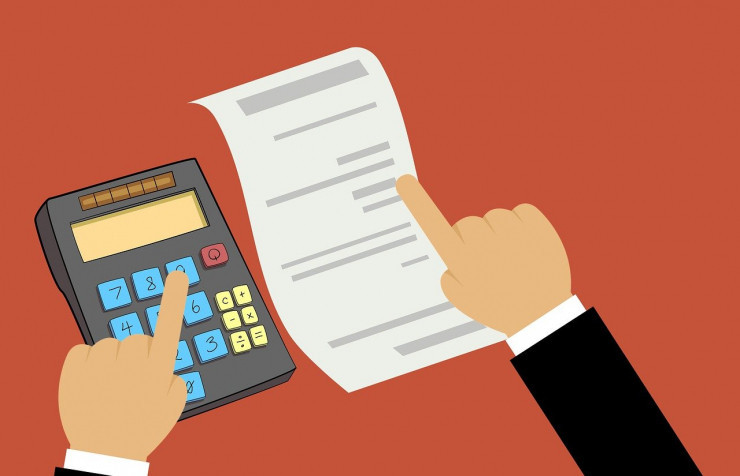Netherlands: Gambling tax soon at 37 per cent?

A coalition agreement was recently reached between four parties in the Netherlands. One of the results of this is an increase in gambling tax to a whopping 37.8 per cent. At 30.5 percent, our neighbours' tax rates are already quite high by European standards. The industry and corresponding associations are particularly concerned about a possible strengthening of the black market.
There is currently a lot going on in the Dutch gambling market. There could be far-reaching developments in the near future. We recently reported that the Dutch House of Representatives voted in April to ban online advertising for games of chance and even to ban slots completely. Untargeted advertising has already been banned since 2023, which applies to formats on television or radio, for example. In addition, the limits for players have been lowered considerably - under the age of 23, the spending limit is just €5.35 per day.
Now another potential hammer is looming: as the local press reported in mid-May, a coalition agreement has been reached between the PVV (Partij voor de Vrijheid), VVD (Volkspartij voor Vrijheid en Democratie), NSC (Nieuw Sociaal Contract) and BBB (BoerBurgerBeweging). The corresponding document includes a budget annex that aims to increase the gambling tax from the current (already considerable) 30.5 per cent to 37.8 per cent. The country's gambling industry and the relevant associations are anything but enthusiastic.
The tax authorities should be pleased, the industry is worried
Back in November 2023, seven Dutch parties announced their intention to generate an additional 200 to 400 million euros in state contributions with an increased gambling tax. If the current coalition agreement with the (translated) title ‘Hope, Courage and Pride’ goes through, the state coffers would be supplied with an additional 202 million euros per year in taxes.
This should please the authorities and those responsible for the budget in the Netherlands - it is certainly a positive forecast for the state. The reactions from the industry are (as expected) rather the opposite. The quintessence of the statements is that there is a fear of increased migration to illegal offers.
Following the announcement of the planned tax increase, the Dutch Online Gambling Association (NOGA) expressed downright dismay at the plans. NOGA director Peter-Paul de Goeij is of the opinion that the proposals will have a very detrimental effect on the channelling of legal providers in the Netherlands. De Goeij also points out that the extra money in state contributions will be at the expense of the players:
‘The proposed increase in the tax rate by no less than 7.3 per cent jeopardises the viability of the legal Dutch gambling market. The parties' intention will lead to a further decline in legal offers. This is extremely risky, as illegal operators who do not pay taxes and are not bound by the duty of care as prescribed in Dutch laws and regulations are already vigorously courting the market and Dutch consumers.’
The Dutch gambling association Van Kansspelen also expressed its ‘astonishment’ at the proposals. They agree with NOGA that the plan would do more harm than good, as players would increasingly be driven to offshore providers instead of betting in Dutch online casinos.
The chairman of Van Kansspelen, Henry Meijdam, said:
‘This is totally irresponsible socially, as it will inevitably lead to major problems and costs in terms of safety and social responsibility.’
Conclusion
Image source: https://pixabay.com/illustrations/financial-analysis-accounting-4560047/

0 Comments to: Netherlands: Gambling tax soon at 37 per cent?
write a commentOur community thrives on your feedback - so let us know what you think!
Would you like to write comments on GambleJoe yourself? Then just create a GambleJoe User Account.